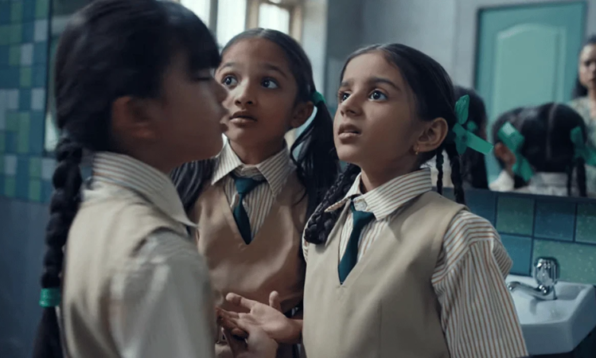The subject of abortion has been in the news ever since the US Supreme Court deemed abortion to be unconstitutional, denying multiple women their right to life and health. In a move that marks one of the most progressive decisions in India, the Supreme Court, in its judgement on abortion laws, has deemed that all women, irrespective of their marital status, can seek abortion up to 24 weeks of pregnancy. What else is included in this judgement? Let’s find out.
The distinction between married and unmarried women is unsustainable

In a landmark judgement, the Supreme Court of India declared that all women, irrespective of their marital status have a right to get a safe and legal abortion. This also includes pregnancy which is a result of consensual relationships. The court said, “The marital status of a woman can’t be ground to deprive her right to abort an unwanted pregnancy. Single and unmarried women have the right to abort under the Medical Termination of Pregnancy Act and rules till 24 weeks of pregnancy.”
Reading out the excerpts of the judgement, presiding judge Justice Chandrachud said, “If Rule 3B(c) is understood as only for married women, it would perpetuate the stereotype that only married women indulge in sexual activities. This is not constitutionally sustainable.” The bench that constituted of Justices DY Chandrachud, AS Bopanna and JB Pardiwala, stated that the distinction between married and unmarried women would violate the right to equality under Article 14 of the Constitution.
Marital rape is also rape
The apex court has also ruled that for abortion, rape will also include marital rape. This came as a progressive and much-needed judgement from the court. While abortion has been legal in India under the Medical Termination of Pregnancy (MTP) Act 1971, the question of marital rape has always been under the scanner. In a move that acknowledges that married women can also be raped, the court has deemed that marital rape is rape. The court added, “Married women may also form part of the class of survivors of sexual assault or rape. A woman may become pregnant as a result of non-consensual sex with her husband.”
The Supreme Court has also said that under the POCSO Act, registered medical practitioners are not needed to disclose the identity of a minor if she seeks an abortion. “It is not the intention of the legislature to deprive minors of MTP. Social circumstances of a woman may have an impact on her decision to terminate,” the court said.
Featured Image Source
Related: Abortion In India: The Good, The Bad, And Everything You Need To Know














